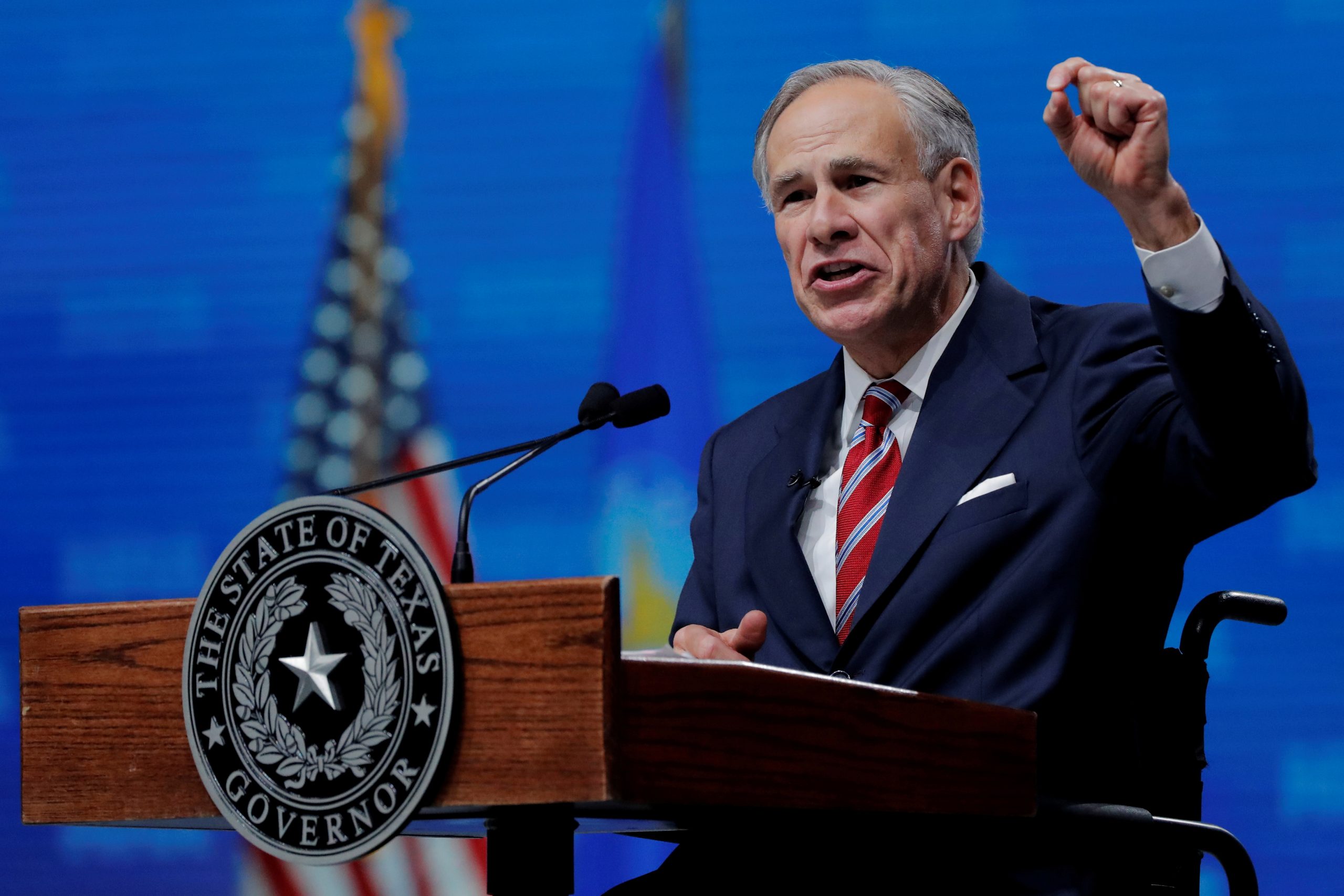
Michael Cardinal, FISM News
[elfsight_social_share_buttons id=”1″]
After months of debate, stall tactics, and protests Texas Governor Greg Abbott signed a Republican-led bill into law on Tuesday in an effort to prevent voter fraud in future elections.
SB1, now that it is officially adopted, will enact enhanced guidelines and restrictions for future elections in the Lonestar State . Some of the new regulations as outlined in the press-release from the governor’s office include: providing uniform statewide voting hours, expanding of voting access for registered voters that need assistance, prohibiting drive-through voting, enhancing transparency by authorizing poll watchers to observe more aspects of the election process, banning the distribution of unsolicited applications for mail-in ballots, and giving voters with a defective mail-in ballot the opportunity to correct the defect.
At the press conference where he signed the bill into law, Abbott said the law makes it easier to vote and harder to cheat:
It does make it easier than ever before for anybody to go cast a ballot. It does also, however, make sure it is harder than ever for people to cheat at the ballot box.
Election integrity is now LAW in Texas.
This law:
▪️ Ensures every eligible voter gets to vote
▪️ Adds more hours to vote
▪️ Makes it harder for fraudulent votes to be cast
▪️ Makes ballot harvesting a 3rd degree felonyBottom line: it's easier to vote & harder to cheat. pic.twitter.com/p9IDQg95IK
— Greg Abbott (@GregAbbott_TX) September 7, 2021
Democrats have voiced outrage over the new law claiming that it is a form of voter suppression specifically targeting minority voters. Democrats fled the state on July 12th for over 6 weeks in an effort to prevent the bill from reaching a vote. However, several Democrats returned to the state in late August allowing it to pass through the Texas legislature at a special session on August 29.
President Biden blasted the bill after its passing on Twitter, saying that it was “an all-out assault on our democracy.” He then encouraged the Senate to pass the left’s voting reform legislation encased in the For the People Act and the John Lewis Voting Rights Advancement Act.
The issue of voting reform came to a head following the 2020 Presidential election after former President Donald Trump claimed that there was widespread voter fraud, skewing the outcome of the election. Both parties have since pushed to enact reform, with Democrats pushing to remove voting restrictions to ensure that all voters have adequate access to the polls and Republicans seeking to ensure enough restrictions are in place to ensure the integrity of future elections.
The Senate will be hard-pressed to act on the president’s urging to bring forth Democratic voting reform any time soon as Congress is currently tasked with finalizing the budget bill as a lapse of governmental funding looms. Even if Congress does take up the two acts, it will be difficult for them to pass through an evenly divided Senate as several moderate Democrats have voiced there opposition to the bills as they currently stand. As previously reported on FISM, Senator Joe Manchin called the For the People Act a partisan attempt to shape voting rights.
